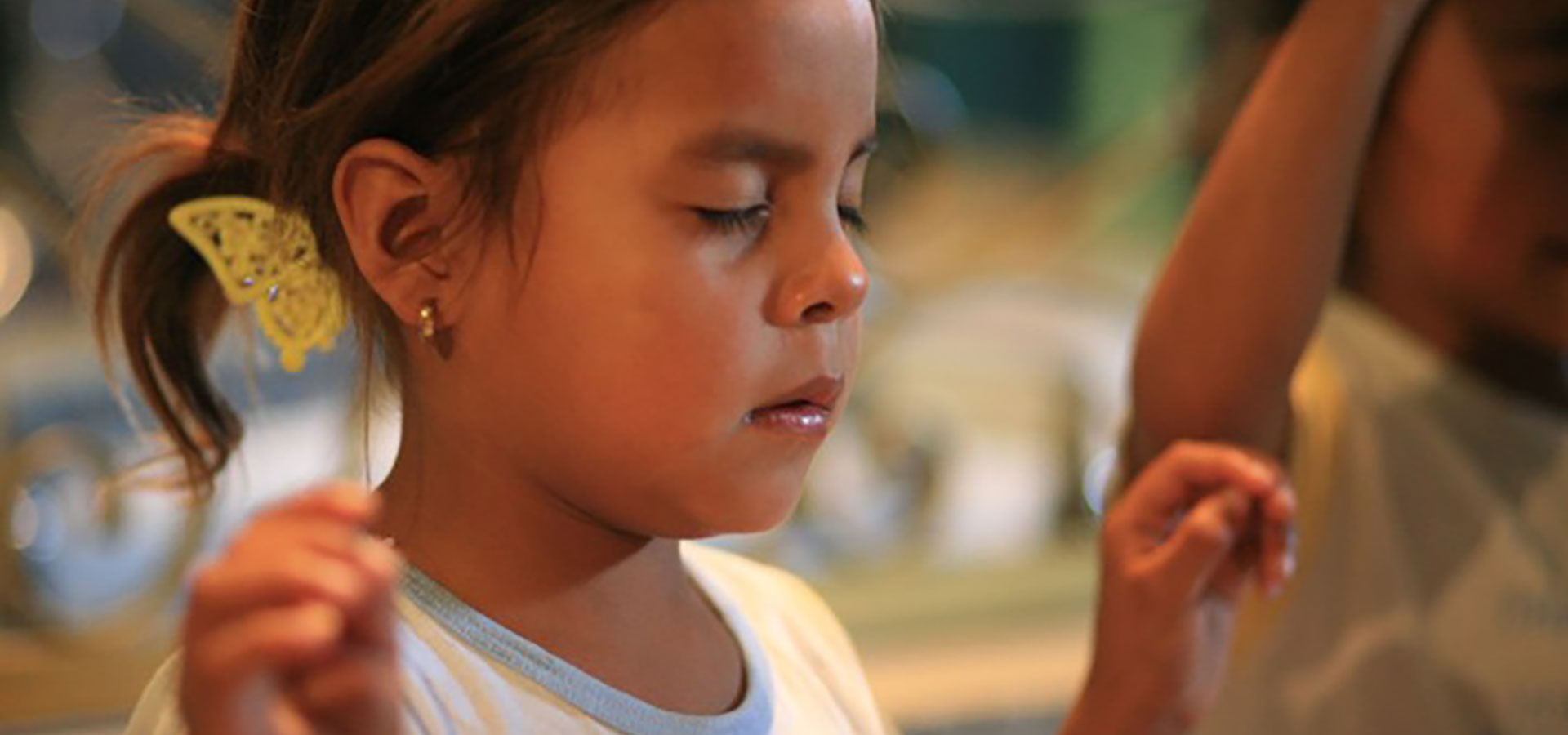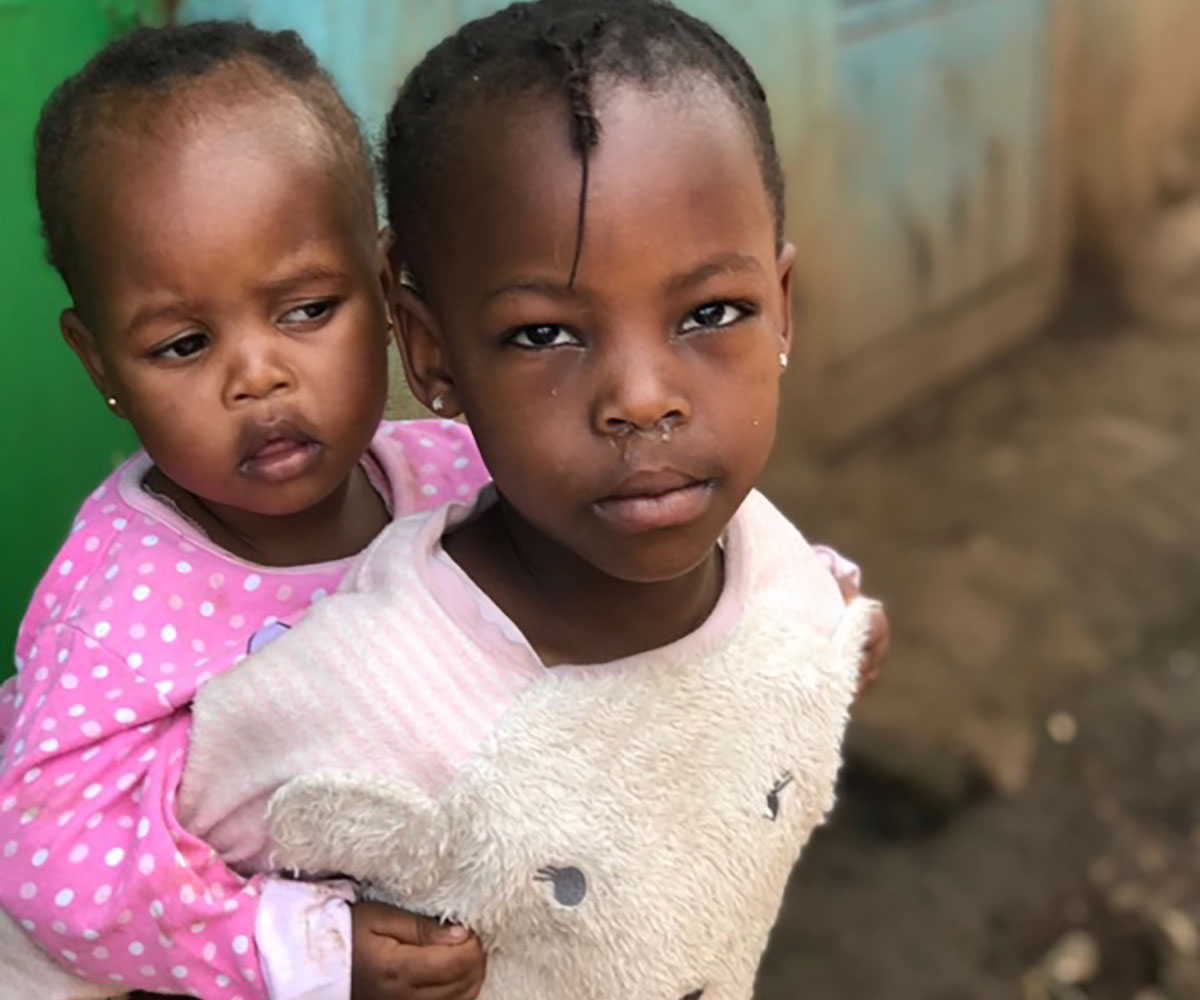
About MAMA Project
Warning: Beware of MISSION TRIPS!!! They might change the trajectory of your life!!!
In the early 1980s an innocent student named Ruth joined a team from Wheaton College to spend a few weeks in Central America. She brought her camera and came back with stories and pictures. She put her pictures into slide shows and had stories to tell about the conditions that she had seen and documented in Honduras, a country that some of us knew next to nothing about.
Ruth is my sister. Twelve years younger than me. I was married, had a medical practice, four children and my husband was a Mennonite pastor. And I was not very happy that my little sister wanted to go to Honduras. Some may remember how dangerous it was to work for the poor in Central America in the ’80s. You could be called a Communist, and killed, especially if you were a Central American. But North Americans lost their lives also. I definitely wanted to stay away from that part of the world.
But she went, and as the realization of the suffering in Honduras became inescapable, I, as a physician started to try to understand why diseases were so prevalent and what could be done to decrease the suffering of so many people. I found myself being drawn in. Ruth and I and then our baby sister, Julia, 4 years younger than Ruth, started talking about the conditions in places like Honduras. We talked about what all the other people are doing and what they should do. “Why aren’t more churches and women’s groups reaching out to build partnerships and share resources?” Gradually, the conversation turned to planning what we could do and how… We pondered, prayed. studied the issues, examined other programs, visited experts, gathered ideas and started sharing the growing vision. We had the desire to help, but no partners on the ground.
Meanwhile, in Honduras, another group of women shared the same desire. They were on the ground, but had no means to help. The two groups met each other and committed to finding a way to help suffering children in poor communities. Nobody knew what would happen when Mennonite women in Pennsylvania and Honduras joined forces and named themselves “MAMA Project.” The acronym stands for “Mujeres Amigas Miles Apart”, or “Women Friends Miles Apart”.
In 1987, after a few years of planning, our first efforts started in the squatter villages of San Pedro Sula, Honduras.
The conditions that we encountered were eye-opening for many of us who were, for the first time, witnessing the consequences of injustice and the realities of poverty on a very personal level. We spent our days with families who lived in squatter shacks with their children sleeping on mud floors. There was no access to safe drinking water. Open sewage ditches flowed past their homes. We met families who were watching their children die of preventable diseases. They were trying to raise children on a corn-based diet. Childhood stunting was the norm and virtually all of the families had intestinal parasites.

However, the strategies that we have implemented together with the villages to work on the causes of suffering are just part of the picture. We were surprised to find ourselves in the role of advocates for the villages. We shouldn’t have been, because as a faith-based organization, an “FBO”, endeavoring to follow Jesus in word and deed, we should have expected that part of being faithful to our calling is to be a voice for the poor, the down-trodden, the sick, the widow, the orphan, the hungry, the prisoner, the abused worker, and of course, the malnourished mother and child.
We just never expected our friends in the villages to ask us to go with them to plead for mercy in the way that they were being treated by the authorities. And we were surprised to find that the authorities cared about what we said on behalf of our friends. When we described the living conditions of the people, things started to change in some places. Water pipes, electricity, sewer lines, and other necessities of life began to appear in places that we worked with the villages.

We began to understand the importance our role of accompaniment and advocacy.
We have learned to raise our voices on behalf of the families we serve. We have seen the results of injustice up close and personal and realized that the messages about water, worms and malnutrition are not enough.
We also have to seek and speak the truth about the injustices that cause the poor to be trapped in poverty. The conditions that led to poverty in Jesus’ time aren’t very different today. His words and actions have impacted society from then to now. Our origins as a faith-based organization lead us to believe that we should follow our leader in word and deed. Sermons that we have listened to for years with messages of hope, repentance, forgiveness, reconciliation, redemption and salvation take on new dimensions when we rethink those themes in the context of our now-expanded worldview.

We have learned a great deal from the communities and other organizations. We have always sought to find efficient low-cost ways to bring the advances and evidence-based interventions in medical and nutritional science to the villages that are often bypassed. Many people who are living in rural communities and urban slums are suffering and dying from diseases that have long ago disappeared from developed countries. Out of this desire, we have developed tools, food supplements and trainings for our work. We have shared our learnings with other programs starting in Honduras, but now working in Haiti, Kenya, Tanzania and India, as well as partnering with work in other countries on various levels.
What started as the vision of a few women has expanded to include literally thousands of people around the world. The network includes individuals, men and women, children, youth, businesses, secular and religious organizations, schools, churches, youth groups, communities, other ministries, public health authorities, and the list goes on. We are still welcoming new partners!
While, right now, we cannot travel to bring service teams to the communities in need, our partners on the ground are still hard at WORK! They need our support now, in every way, as much as ever.
PS: That part about not wanting to be anywhere near Honduras – I suppose you know how that turned out.
